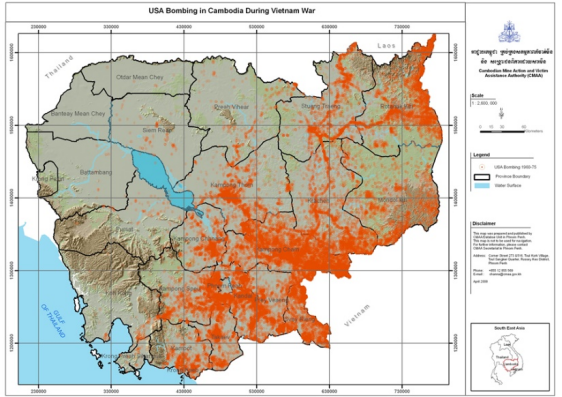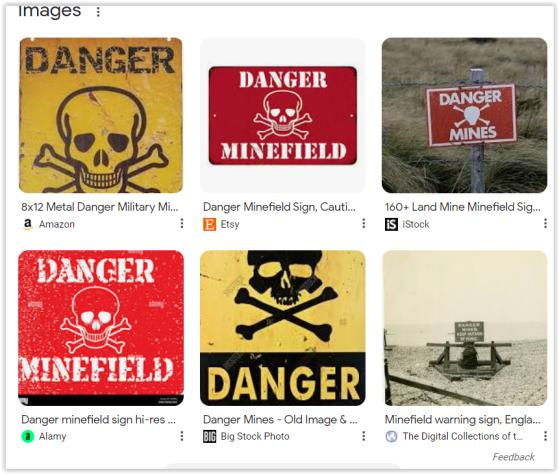Background:
- Emerging from decades of conflict and suffering as one of the most mined countries in the world, Cambodia has passionately and determinedly become a leader in demining and a global contributor. Under the leadership of the Prime Minister and CMAA officers, Cambodia has provided Explosive Ordnance Disposal (EOD) technicians to UN Peacekeeping Operations in Africa and the Middle East. This dedication is a key reason for our Global Peace Advocates Team to visit Cambodia and its landmine fields. We aim to learn from the demining heroes, be inspired by the courageous people, and contribute to global peace through this transformative trip.
- With power and determination, we condemn any government that initiates any form of war, at any time, in any region. We especially advocate for a global ban on landmines. As of today, Cambodia is still affected by landmines left behind from the Vietnam War, as well as other conflicts, and the country is one of the most heavily mined in the world. The United States dropped millions of cluster submunitions, or "bomblets", on Cambodia between 1969 and 1973, and it's estimated that between 1.3 million and 7.8 million of them didn't explode.
- We want the world to understand the devastating impact of post-war landmines and the decades of effort required to restore the land and achieve normalcy. According to the Cambodian Mine Action and Victim Assistance Authority, a government agency, there were 65,028 casualties—including 19,821 deaths—from explosions of ordnance between January 1979 and July 2023. As of January 2024, it's estimated that there are still up to six million landmines in Cambodia, though some estimates go as high as ten million. Most of the minefields are in rural areas, where close to 80% of Cambodians live and depend on the land for farming or other natural resources. These mines are a threat to people's safety and the economy, and they can cause injuries and deaths, disrupt farming and education, and force children to play in dangerous areas.

